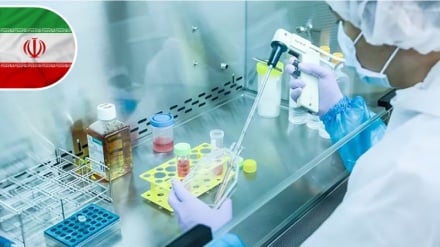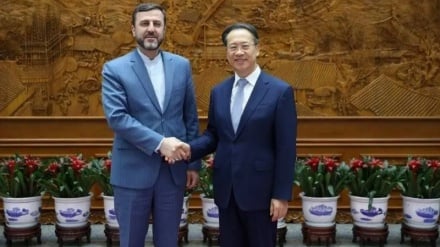Free trade elusive for China, Japan, South Korea
The annual China, Japan and South Korea summit wrapped up recently in Chengdu, China, with attending leaders making generalized commitments to free trade and regional peace and security.
Though a detailed joint statement is expected later, the early indications are that the leaders of China, Japan and South Korea were unable to agree on, or even agree on a timetable for a series of trilateral summits inaugurated in 1999 – a regional free trade agreement, or FTA.
The three, however, did agree to reinforce their commitments to a number of pre-existing international agreements and frameworks.
Stay with us for an interesting report titled, “Free trade elusive for China, Japan, South Korea”, by Andrew Salmon.
The summit was chaired by Chinese Prime Minister Li Keqiang, who holds the portfolio for the Chinese economy, with Japanese Prime Minister Shinzo Abe and South Korean President Moon Jae-in both attending.
The Japanese and South Korean leaders had, separately, met Chinese President Xi Jinping, in Beijing a day earlier.
The summit took place in the shadow of an unprecedented trade war between Beijing and Washington. That has directly impacted the economies of the two countries, but has also caused collateral damage to manufacturing powerhouses Japan and South Korea, which both number China and the US, respectively, as their number one and number two trade partners.
Seoul and Tokyo have both suffered falling exports throughout 2019.
It also took place as a self-set, year-end deadline for North Korea to withdraw from two years of denuclearization talks with the US looms ever closer, with no breakthrough in sight and tensions rising once again.
The Chinese PM said, “All of us support free trade and economic investment. The three sides should promote China-Japan-[South Korea] free trade agreement talks to make substantial progress at an early date.” He also hoped for an early signing of the 15-member RCEP, or Regional Comprehensive Economic Partnership.
Though the annual trilateral summit was inaugurated two decades earlier, a free trade agreement binding the world’s G2, G3 and G11 economies has not transpired. Nor have the three countries made much progress on bilateral deals between each other.
A 2015 free trade agreement between China and South Korea – with a very lengthy 20-year implementation period – has been assessed by trade pros as a “bronze standard” deal, placing it well below the level of the “gold standard” deal signed between Seoul and Washington, which also formed the template for the Seoul-Brussels FTA.
In a speech in Chengdu, the South Korean President appeared to acknowledge the shortcomings of the deal when he said there would be “follow up negotiations” in regard to services under that FTA.
Japan has no FTA with China or South Korea. It has taken the lead on the well-regarded, 11-member Trans-Pacific Partnership, which came into force in 2018. However, neither China nor South Korea are members, and the TPP lost massive economy of scale when the US dropped out after President Donald Trump was elected.
The downgrading of the TPP has led to increased hope in the RCEP, which was signed by 15 countries in October.
Moon, in a speech to the trilateral business forum in Chengdu that was dispatched to global reporters, referenced “the environment, disaster relief, healthcare and medical services.” He stated that the three countries should join forces in “data, networks, artificial intelligence and healthcare.”
The three countries agreed to reinforce commitments to existing frameworks, such as the Chiang Mai Initiative on financial cooperation and the 2030 Agenda for Sustainable Development.
Moon also noted the potential synergies between China’s “Belt and Road Initiative,” Japan’s “Free and Open Indo-Pacific” and South Korea’s “New Southern and Northern Policies” in that they “all link continental and maritime regions.”
Li said in a press conference that China is committed to creating a market-oriented, law-based and international business environment, and will treat enterprises of all ownership equally.
“China will accelerate the opening of services sectors based on the full liberalization of the manufacturing industry, allowing more areas to implement wholly foreign-owned operations,” Li said, adding that China’s investment environment will become more fair, transparent and predictable.
Although North Korea has a defense treaty with and is economically supported by China, it is not a member of the trilateral framework.
SS


